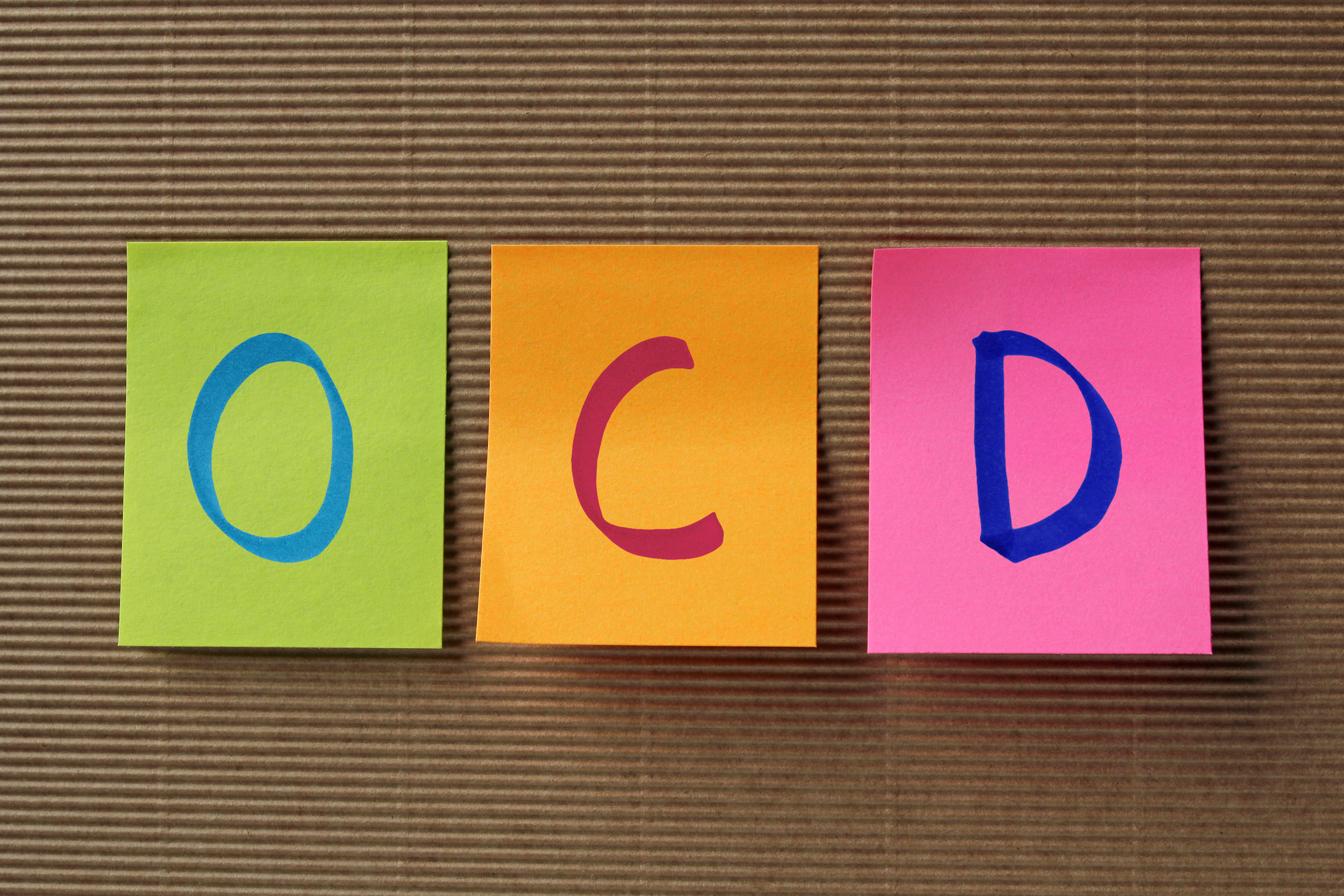
If your child has obsessive-compulsive disorder (OCD), you know that this condition affects not only your child but also your entire family. The guidance that follows can help parents gain a better understanding of OCD, learn helpful strategies to support their children, and ease distress all around.
What is obsessive-compulsive disorder?
OCD typically includes uncontrollable, recurring thoughts (obsessions) and behaviors (compulsions or rituals) that a child feels an urgent need to repeat again and again. For example, your child may repeat a grooming routine until he feels “just right.”
A child may engage in compulsions or rituals to temporarily reduce distress. A child also may complete a compulsion because she imagines that doing so will prevent a scary outcome. For example, a child may tap a countertop three times at the start of every hour to prevent a parent from dying in a car crash. Even though the child logically may know that the two behaviors are not linked, the distress caused by having such obsessions can make the likelihood of the car crash seem possible if the child does not perform the ritual.
Unfortunately, compulsions strengthen obsessions in the long run. This sets up a vicious cycle of obsessions, distress, and compulsions.
How does OCD affect the family?
OCD does not just affect children who have the disorder. It can have an impact on the entire family, resulting in frequent conflicts. For example, the insistence on completing compulsions at specified times and places — such as, at 9:00 AM at home — may make you late for work and your children late for school. OCD also may dictate which family members cannot touch certain objects or say certain phrases, which may make family members feel uncomfortable in their own home.
Parents and siblings understandably can feel resentful for the ways in which OCD can interfere with their daily lives. Parents also can feel guilty about not being able to support their child sufficiently.
How can you support a child with OCD?
Looking for help from an experienced mental health professional is a good way to start. Strategies used to treat OCD go against maternal and paternal instincts, so it is important for children and their parents to be involved in treatment to learn how to manage OCD. The tips below may help.
- Pursue cognitive behavioral therapy. Cognitive behavioral therapy (CBT) is a specialized psychotherapy that helps people learn the links among thoughts, feelings, and behaviors, and develop tools to address unhelpful patterns. A special type of CBT that focuses on exposure and response prevention (ERP) is considered the gold standard treatment for OCD. This evidence-based treatment helps a child gradually resist engaging in compulsions while learning that the outcome is not as bad as expected — or, at least, can be tolerated. If your child’s symptoms are consuming more than an hour daily, creating distress for your child or family, and interfering with activities, your child may benefit from CBT with ERP. You can ask your pediatrician for a referral, or search for a provider or a program through the International OCD Foundation.
- Try not to accommodate. As a parent, your instinct is to support and protect your child. Unfortunately, OCD feeds on attention and accommodation. For example, if your child asks you to open a door to avoid coming in contact with germs, you inadvertently strengthen OCD each time you open the door. This is because your child’s brain learns that the door handle is something to fear and cannot be handled by him. Try to resist participating in rituals, even if it feels awful to refrain. Giving OCD an inch only encourages it to demand a mile. Resisting accommodation may make symptoms worse before they get better. Think of OCD as a bully who demands lunch money. A bully usually will not accept “no” as an initial answer. Instead, he’ll try to up the ante until he gets the money. However, the bully will learn over time that it is not worth the effort to get no attention and no money. The situation can improve if you remain consistent.
- Understand that your child is probably not trying to be oppositional. If you view your child as defying you on purpose, you may feel angry. This can prompt you to engage in a futile battle of wills. Try to shift perspectives for a moment. Think about something that terrifies you — maybe entering a cage with a hungry tiger. Your human instinct is to escape, and you might do whatever it takes to do so. Now imagine someone trying to force you to stay in the cage. That is what it can feel like for a child to be told that she needs to stop a ritual. Obsessions elicit tremendous distress. Your child may worry that she will not be able to tolerate the outcome of an incomplete compulsion. Remind yourself that OCD is a very convincing bully. You are angering OCD, not your child. It is not your child trying to disrupt the family; it is the OCD.
Seek support for yourself
As noted above, OCD can affect the whole family. Ask your pediatrician or a mental health professional about OCD peer support groups for parents in your community. The National Alliance on Mental Illness (NAMI) may guide you to one. Some clinicians trained in CBT and CBT with ERP for children with obsessive-compulsive disorder also provide parent guidance. You deserve support, too, and to learn that you are not alone as you help your child manage OCD.
